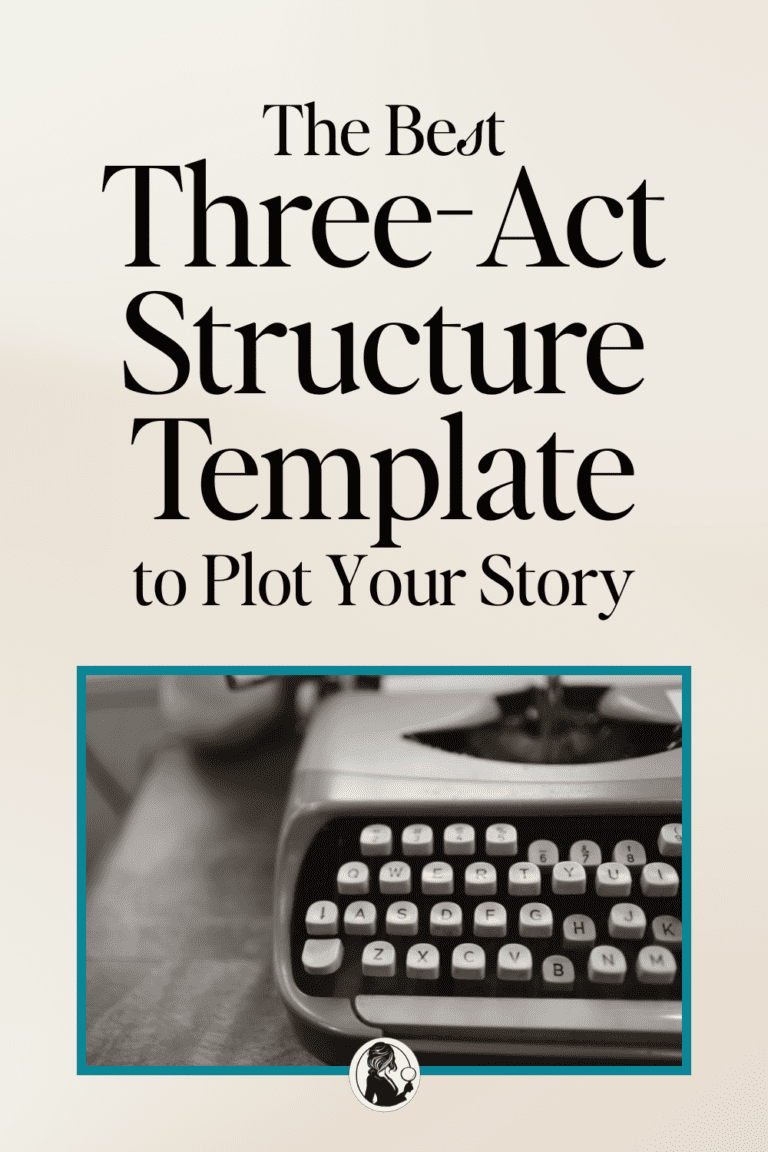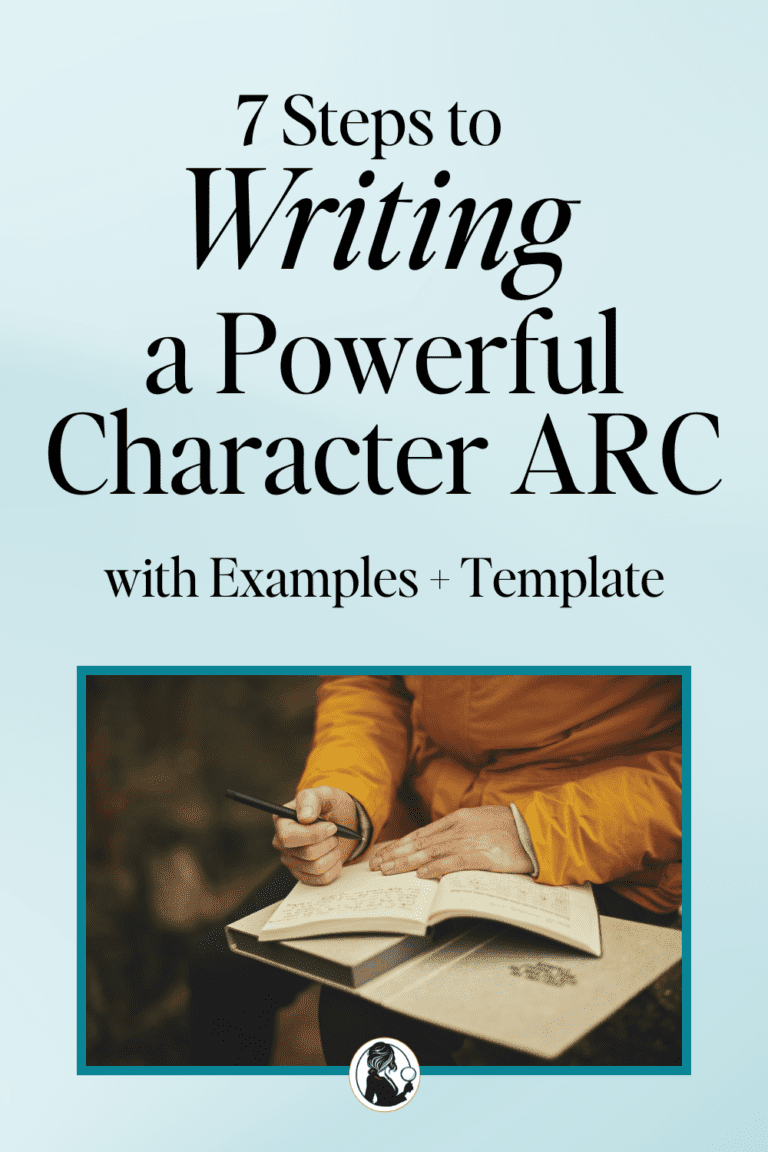The First Draft and How to Get Through It
I have an audio tape version of Stephen King’s book, ON WRITING. And for anyone who hasn’t read or listened to this book, I can’t recommend it enough. It’s a terrific resource for writers, no matter where you are in the journey. And of all the wisdom and helpful information in that book, one of the things he says about the first draft: just write it.
It seems like such a simple phrase and yet through the course of the first draft, no matter how much you write, how fast you write, you are generally learning more about your characters, discovering things that need to be changed and added throughout the story and the impetus to go back and fix those things can be overwhelming at times.
But, if you go back and revise while you’re halfway through the first draft, then you’re no longer working on the first draft. Not really. You’re working on a hybrid draft…one that hasn’t been completed. And for me, what I find is that once I open the floodgates of Revisions during a draft, it’s next to impossible to shut it down again.
I know there are authors who only write one draft… if that’s your process, this blog post is not for you. But for those who are like me, who write more than one draft (whether you plot your way ahead or pants through it), then listen up.
Just write.
Write that first draft as if you are the most incredible writer in the world. (Also a Stephen King piece of wisdom, paraphrased.) Write as if words were invented just for your fingers to type, as if no other writer could ever tell your story as well as you can. And there is truth in that last part — you are the only one who can tell the story exactly as you envision it. And the first draft is all about that vision — it’s about getting on paper the excitement you feel, the wonder as you get to know your new friends (characters), as you lay down the basics of a juicy plot, a solid finish. Once again from the words of Stephen King, the first draft is for YOU.
Think of revisions like speed bumps along the yellow brick road to see the Wizard (otherwise known as The End). You know you want to get to the Emerald City – you have to get there. You need your brain, your heart, your courage and to find your way home again, and it’s all there. At The End. But up rears the distracting speed bumps of revisions along the road. If you stopped at every speed bump you encountered and turned around to drive that portion of the road again, you’d never get to the Emerald City. You will never finish your journey. Revisions and editing are speed bumps — things to pay attention to, but not to use as reasons to stop your forward progress.
The first draft is not for anyone but you — remember that. It’s not for agents to see, editors to read, or maybe not even for your critique partners. It’s for you. The second draft is when you add layers, write stronger sentences, take out the repetition, polish your words.
Remember the goal: The Emerald City. It’s where, once the journey is complete, you can find the wisdom, the emotion and the strength to go back and fix everything else. But until you’ve finished your draft, until you’ve gotten to the end, revisions are just speed bumps that stop your progress. And especially if you are participating in NaNoWriMo, you can’t afford those speed bumps. You have to just write.
So if you are like me, and revisions can seem like temptation along the way, stay focused. How I deal with revisions:
- Whenever I hit a speed bump that is telling me something, I write a note on the sidebar. Using the drawing toolbar in Word, I put a text box on the side and write a note about what that revision should look like. If I’m changing something in the story, I write going forward with that change and leave a note that it was changed at pg X, so I can back through the pages before hand and change what needs to fit.
- I make a list of questions I encounter along the way, things I know need to be addressed or fixed. I may or may not fix them in the first draft, but I’ll get it out of my head.
- I have a “notes” file on each WIP. It’s where I keep notes about details that I’m not sure of, ones I know I want to change down the road or ones I just need to remember.
Whatever method of keeping track of the Revision thoughts in your head, make it work for you. But write it down somewhere. Revisions thoughts are distracting and sometimes they can block your forward progress. So make your notes, and get back to work. Get to the Emerald City.
Some helpful links:







Jeannie thanks for a great post. I will second your recommendation of Stephen Kings book. I read it and passed it along now I need to get another copy. I use to be a perfectionist and everything thing I did took forever and I was never satisfied. I’ve grown out of it but I still have to watch it creeping back especially in my writing. This post was a reminder that I need every now and then.
Hi Jeannie!
Great post! (can you see me giving you a standing ovation? lol)
I truly enjoyed your words of wisdom and appreciate you dishing them up. I’m knee-deep in my first MS and wish some techo-genius would create a GPS for writers. LOL I always feel just a little lost. 🙂
I’m going to check out the audio version of Stephen King’s book. I’ll probably get thru it faster with all the driving I do schuttling kids around. Thanks again. I think you’re top shelf, my friend, top shelf!((hugs!))
Hear, hear! On King’s book and on finishing the first draft before revising.
I’m writing my current draft (my 2009 Nano) on Scrivener (which, btw, is giving a 50 percent discount to Nano winners). I’d never used Scrivener much before, but I’m loving it.
I have everything in one place, on one screen: my scene cards, my manuscript AND my revision notes. I can look at the manuscript as a whole or by chapters. And I can easily make revision notes as I go, so I don’t even have to click away from my manuscript.
Back to drafting!